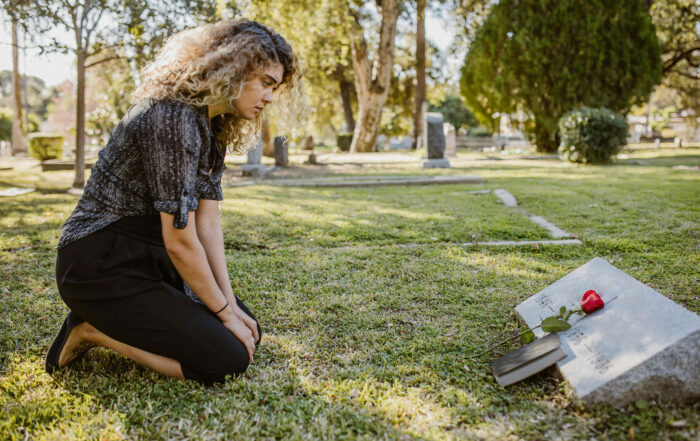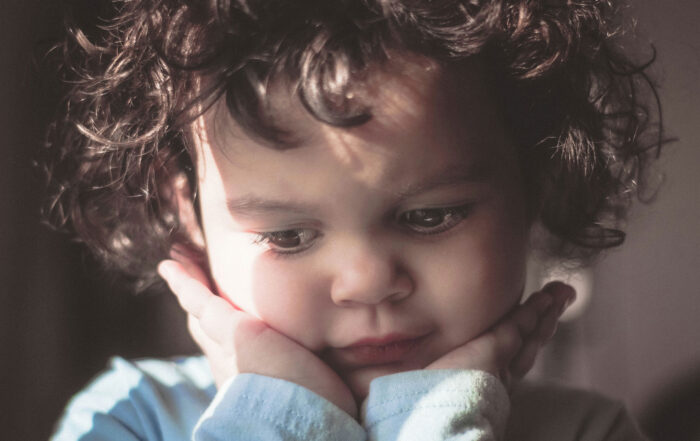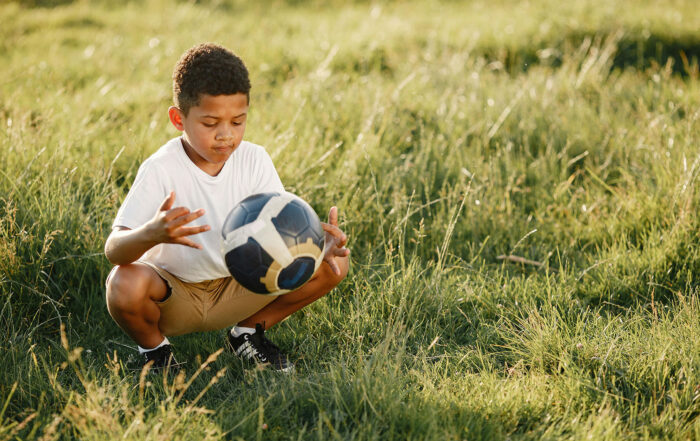
By Jeanne Supin
The “fight or flight” instinct has served the human species well, helping us respond quickly to threats, but according to child and adolescent psychiatrist and neuroscientist Bruce Perry it can also change our brains for the worse. If the threats we encounter are extreme, persistent, or frequent, we become too sensitized, overreacting to minor challenges and sometimes experiencing symptoms of post-traumatic stress disorder, or PTSD. This is especially true for children, whose still-developing brains may be chronically altered by growing up in abusive environments that Perry calls “the equivalent of a war zone.” Perry says that instead of being offered the sort of meaningful, caring connections they need, children with these experiences are often labeled troublemakers — and later criminals. He advocates passionately for changes in parenting, teaching, policing, and public policy to help traumatized kids.
The second of four children, Perry was born in 1955 in Bismarck, North Dakota. His father was a dentist; his mother, a homemaker. Skinny and asthmatic, Perry joined the track team and says visualization techniques helped him win races and get his asthma under control. He went on to attend Stanford University in California, where he majored in human biology and participated in a seminar about the effects of early life stress on the developing brains of rats. During his first summer home from college, Perry got married and returned to Stanford with his wife in the fall. One night she went missing and was later found brutally murdered. After the funeral Perry didn’t return to school. He spent a lot of time alone, thinking about what had happened. When he went back to Stanford in the spring, the attention he received from other students made him uncomfortable, so he transferred to Amherst College in Massachusetts and entered the neuroscience program. In the wake of his wife’s death he stopped focusing on grades and simply pursued subjects that interested him.
Share This Post!
The True Link Between Early Trauma and Adult Mental Health
By David Rettew M.D., ABCs of Child Psychiatry The last decade of the 1990s was often labeled the “Decade of the Brain,” as many mental health clinicians and researchers emphasized biological [...]
What’s the Best Treatment for PTSD in Children?
By Joan Kaufman, PhD Joan Kaufman, PhD, of the Department of Psychiatry at Yale University, discusses the different stages of trauma-focused cognitive behavior therapy, or TF-CBT, the best evidence-based intervention for children who [...]
Expert Consensus Regarding Indicators of a Traumatic Reaction in Autistic Youth: A Delphi Survey
By Connor M Kerns, Diana L Robins, Paul T Shattuck, Craig J Newschaffer, & Steven J Berkowitz It has been suggested that the sequelae of trauma are under-recognized in youth on the autism spectrum. [...]
Helping Children and Adolescents Cope with Traumatic Events
By Southern California Sunrise Recovery Center Children and adolescents are exposed to a number of different traumatic events that can spark a lot of emotions and physical reactions. The effects of [...]
Trauma screening may help connect children to specific mental health services
By Penn State Each year between 200,000 and 270,000 children and youth enter foster care placements with child welfare services, and many more children receive child welfare services while remaining in [...]
The Mental Health of Minority and Marginalized Young People: An Opportunity for Action
By Vivek H. Murthy, Surgeon General Mental health is an essential part of overall health. It not only affects the ability of young people to succeed in school, at work, and [...]







